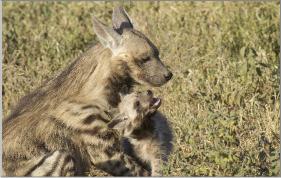|
|
|
Wild Hebrew
You may have never met a pygarg or coney, or heard a turtle sing. Here's your chance to meet some Biblical wildlife and the endearing Hebrew word building behind their names. |
||||||
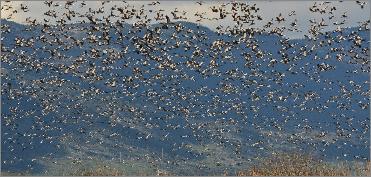 |
||||||
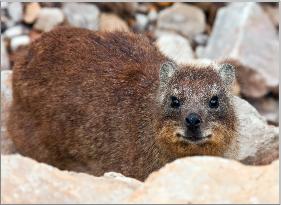 |
|||||||
Rock Badger, Coney, Hyrax "...the rocks are a refuge for the rock badgers." |
|||||||
The Voice of the Turtle "The flowers appear on the earth; the time of the singing of birds is come, and the voice of the turtle is heard in our land." |
|||||||||
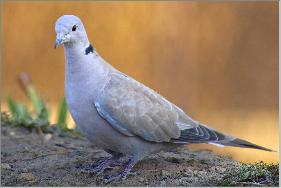 |
|||||||||
Turtle dove became a term of endearment, too. It is used in Psalm 74:19 about God's people: Do not deliver the soul of your dove to the wild beasts; do not forget the life of your poor forever. (ESV) Speaking of doves and poverty, we know that Joseph and Mary were short of funds from Luke 2:24, which quotes Leviticus 12:8, in which the Lord allows an offering of two turtle doves if a lamb would be too expensive for the new parents. Listen at right to the tor of the tor, the voice of the turtle. |
|||||||||
Ibex "The hart and the roe, the buffle, the chamois, the pygarg, the wild goat, the camelopardalus" Deuteronomy 14:5 (Douay-Rheims) |
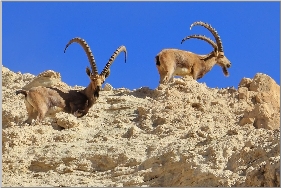 |
|||||
Swallow "proclaim liberty throughout all the land unto all the inhabitants thereof" Leviticus 25:10 (KJV) |
|||||||
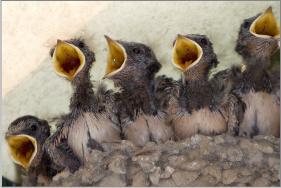 |
|||||||
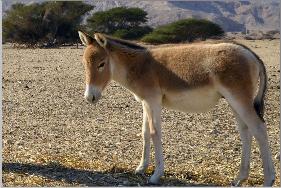 |
||||||
Onager "Who has let the wild donkey go free?" Job 39:5 (ESV) In Genesis 16:12, the angel of the Lord tells Hagar that Ishmael will be estranged from other people: literally, an onager man. |
||||||
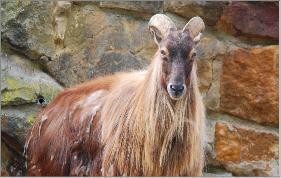 |
||||||
Mountain Goat "The high mountains are for the wild goats;" Psalm 104:18 (ESV) Like many Hebrew roots, the literal meaning gave rise to more abstract, figurative meanings. To benefit or profit derives from the same root as mountain goat, as in things are looking up! |
||||||
Do I Look Like a Sea Serpent? "And Babylon shall become heaps, a dwellingplace for dragons," Tannim is the plural of tan, which means jackal. Through confusion of these words, in some translations dragons took all the jackals' jobs, such as inhabiting a ruined Babylon. The same Hebrew root may be behind both words, in different ways. The root's basic idea is elongation and it is easy to follow that idea to a great big snakey thing. It is also applied to racing, in which competitors stretch out their necks to cross the finish line first. Since the jackal is a speedy fellow, racer was a fitting appellation. |
||||||
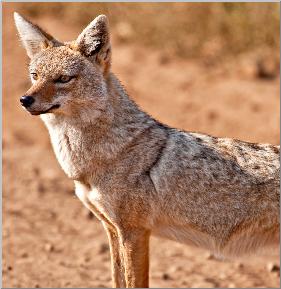 |
||||||
 |
||||||
More "In wisdom have you made them all; the earth is full of your creatures." Psalm 104:24 (ESV)
|
||||
 |
||||
copyright ©2022 Alef Press |
Images: Shutterstock.com :: Scripture quotations marked ESV are from The Holy Bible, English Standard Version® (ESV®), copyright © 2001 by Crossway, a publishing ministry of Good News Publishers. Used by permission. All rights reserved. |
||

